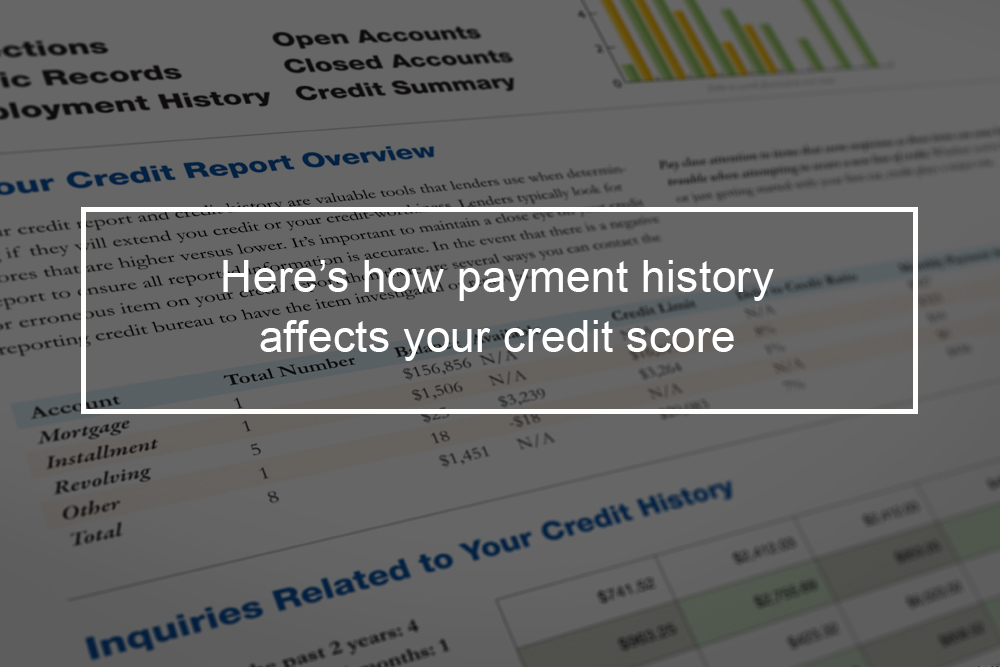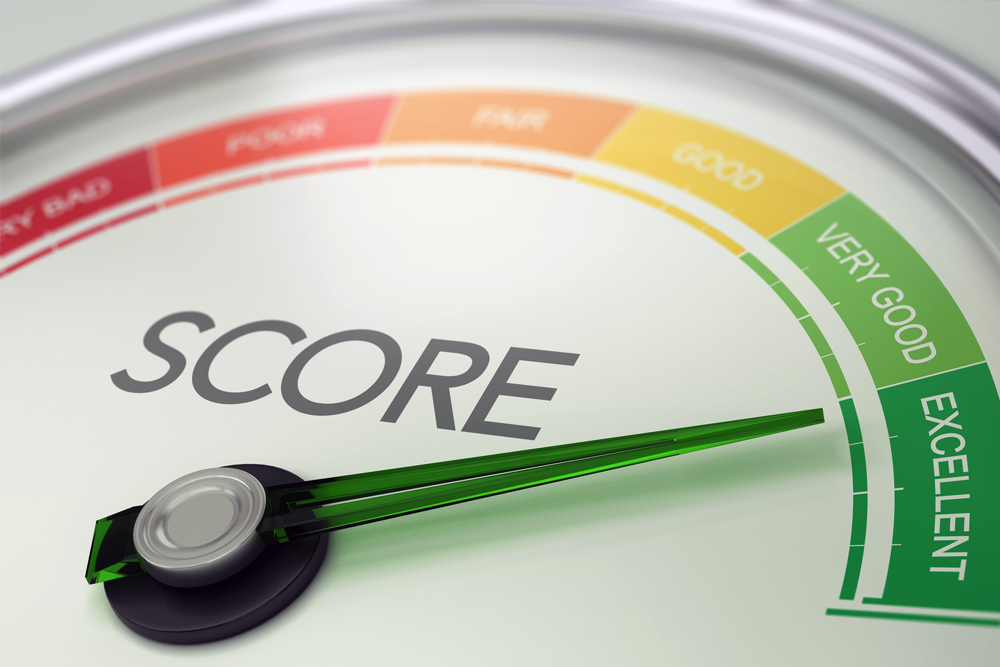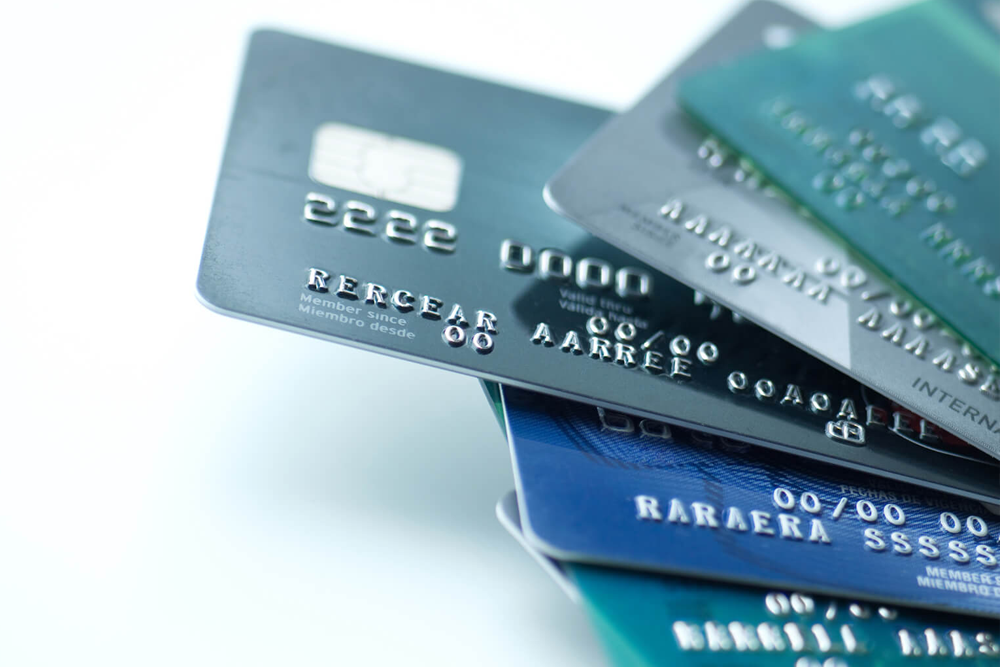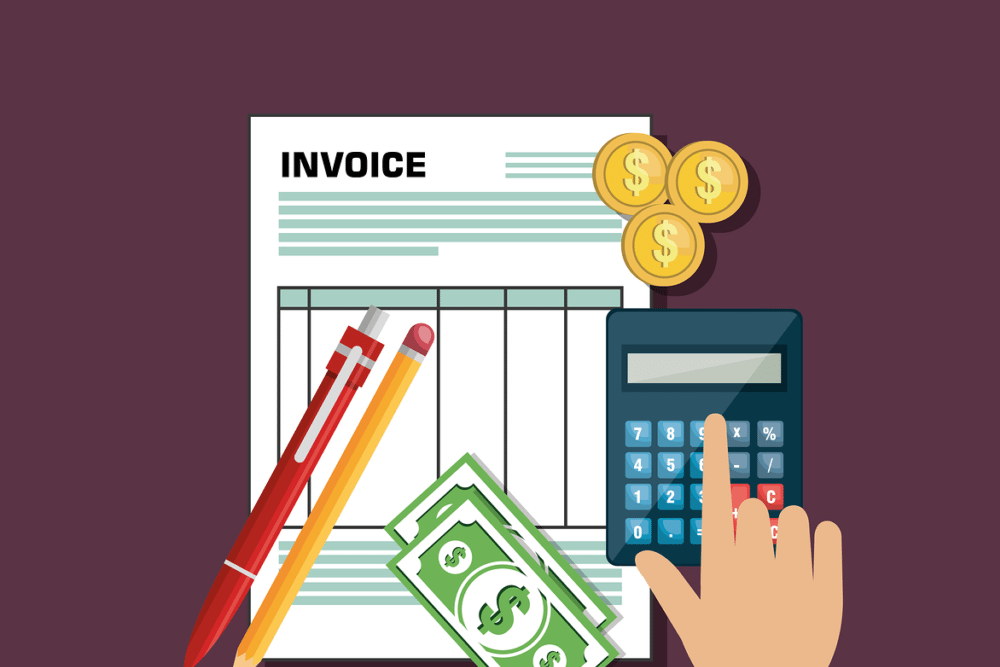
Typically, it is always best to pay your bills on time. Nonetheless, if you are searching for a more in-depth look at how your payment history impacts your credit, keep on reading.
What is a payment history?
Just as the term suggests, your payment history is a report of your past debt payments. With the most commonly applied scoring model, the FICO score, payment history is the most influential component in how your credit is evaluated, making up thirty-five percent of your credit score. Thus, it is essential to center on whether you are working to build your credit history or maintain a good credit score.
Contrary to VantageScore, which only states your payment history is moderately impactful, it favors experience, credit mix, and total usage, available credit, and balance. Since lenders more widely use the FICO Score, nonetheless, it is best to use its weighting as a guide.
Whereas your payment history is part of your entire credit history, they are not the same. Your credit history incorporates other aspects of your credit journey, inclusive of how much you owe, the mix of your credit history and length, and current credit applications.
So whereas your payment history is essential, it is not the only element to consider when building credit.
How payment history affects your credit score?
A credit score will be vital if you ever want to purchase a home, buy a new car, or take out a loan for unexpected expenses.
As said earlier, your credit score is a way to gauge your ability to manage credit, which in general indicates any long-or short-term loans.
When you are considering a new loan (such as a new credit card, automobile loan, or a mortgage), the creditor you approach will use your score to evaluate things such as how much money to give you and how much interest to charge.
Generally, your credit score is a three-digit number that often ranges from 300 to 850. A credit score between 300 and 550 is regarded as bad, whereas a score above 700 is viewed as good. But how does payment history factor into the score compared to other factors? Let us take a look at how your credit score is calculated.
The basic components of your credit score
Here is an overview of all the five influences of your credit score.
Credit mix – 10 percent
These are the credit products you manage from a broad range of different types of credit. If you do not manage such credits, it is hard to determine if you will be able to manage a new credit product. This can hurt your credit score.
Any new credit you have opened- 10 percent
If you have recently gotten a new credit product, you can be less suitable for an additional new credit product. And this can lower your score.
The length of your credit history-15 percent
If you are a new credit customer, it is challenging to determine if you are creditworthy without a long history. This will hurt your score.
Your amounts owed- 30 percent
As much as you have high balances on your credit products, a new loan may increase the risk of missing payments on all of them. This act will lower your credit score.
Your payment history 35-percent
Making your payments on time will raise your credit score. The average credit score calculation gauges your payment history at around a whopping thirty-five percent of your credit score, even more than how much money you already owe. Your credit score is meant to show that you can often make payments, not necessarily that you have too much debt.
Generally, the single most significant thing you can do to keep your credit score in good condition is to pay your bills. However, if you simply miss payments, your credit score will decline.
What are the things that are included under the payment history?
First, it is essential to remember that your payment history is just that- a history. Due to the way it is reported on the credit unions, the information needs to be immediately up to date. Instead, it can take between thirty and sixty days for any changes to take effect.
That is why people can frequently be frustrated when their credit scores decrease even though they are caught up on their payments.
At the same time, it is a history that reaches far back into the past. Your credit history will have reports of late payments up to seven years after they first appear in your life. To comprehend what goes into your payment history, you have to know the different types of credit available to you. Any of these can impact your score.
The reason it is not assured that each source of credit will affect your credit score is that each creditor has different policies about reporting to the credit unions. It is always a good idea to assume that any item from the list below will impact your payment history.
Credit cards
Each credit card you own will impact your payment history, so it is essential to stay on top of your billing cycle and ensure you are making your payments on time.
Retail accounts
Whether or not you sign for a store credit card, provided you have a payment plan with a retailer, it will possibly impact your payment history.
Sadly, this is also the type of account where just having one can hurt your credit score, even though you have already paid your balance in full.
Car loans
It does not matter if you opt for lease or purchase financing, in this case. They all work the same way when it comes to your credit, acting as an installment loan. Any late payments will impact your history.
Mortgage or Home loan
Since a home loan will possibly be the largest balance you will ever have, it is essential to make payments regularly, not just, so your payment history depicts your hard work and your financial goals.
Lastly, a few significant flags can show up on your payment history above and beyond late payments. These are serious challenges that you have experienced in the past and are called derogatory records.
Collections
If you have missed various payments in a row, your creditor can submit your account to a collection agency. This can really open up a new listing on your payment history, which will already be in arrears and will negatively impact your credit. Even worse, a derogatory collections flag can remain on your file for seven years.
Bankruptcy
Filing for bankruptcy is a terrible experience in itself. It can bring up severe emotional issues and have financial impacts that last for years to come- inclusive of your credit payment history.
If you have filed for bankruptcy, it can take between seven and ten years before it is deleted from your records, based on what type of bankruptcy you have declared (Chapter thirteen bankruptcy, in which you repay a section of your debt vs. Chapter Seven bankruptcy, in which you do not repay anything).
Bankruptcy remains on your file, but it also has a substantial impact on your score. Basically, after filing bankruptcy, most people will have a credit score below 550. That may not appear so devastating because the lowest credit score is 300; however, it is well within the bad category of credit.
How long does it take for a late payment to be reported?
Any late payment is not good news for you, but only a payment later than thirty days is reported. That is because the credit bureaus are not looking to punish people for the milder cases outlined at the beginning of this post.
Missing your payment deadline by a day or two should not impact your score; however, the longer you allow it to go, the more that impact will build up. To understand how this works, you can check the way lenders report to credit unions in the first place.
Think of it as a system of leveling up where the higher your level is, the worse off you are. You begin in good standing at level one. If you miss a payment deadline (1 to thirty days late), you level up from one to two, even if your creditor will not report your payments as late.
If you miss a second payment deadline (31 to 60 days late), you level up from two to three. Because your payment history is reported, that indicates if you end up ninety days late on a payment, you do not have a four on your history. You can have one from the first month, a two from the second month, a three from the third month and four from the last month.
This is made worse by the fact that even a thirty-day payment can reduce your credit score by up to 100 points.
How to fix late payments?
The best part is you can sometimes fix late payments. Generally, you have three ways to have negative payment info deleted from your payment history. The sad part is the fastest ones are only useful in specific circumstances.
Write a goodwill letter
If you have a good credit report and your payment history shows that you have made your payments on time all the time; however you have recently made a mistake that has resulted in a 30 plus day late flag on your report, you may have a case for getting it deleted.
Write a goodwill letter to the lender in which you take responsibility for your mistake but allow them to know the circumstances that made you miss the payments.
Dispute an error
The other case in which you have a chance of getting a late payment removed is if it should not be on your credit file in the first place. Sometimes your payment status is misreported to the credit unions.
In such a situation, you should have proof that you made your payment on time, and contact your creditor to have that report changed on your credit file. You will need to be persistent.
Wait it out
In every other situation, the only way to remove a negative report on your payment history is to wait.
On the positive side, even though it takes seven years to remove a late payment, the older the report on your file, the less it will typically impact your score. This is the reason it is vital to maintain your credit actively.










